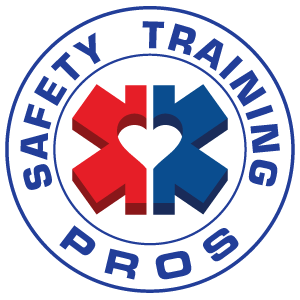First Aid for Seizures: Essential Steps Everyone Should Know
Seizures can happen unexpectedly, and knowing how to respond effectively is crucial for ensuring the safety and well-being of the individual experiencing one.
What Causes a Seizure?
Seizures, particularly generalized seizures, are triggered by excessive electrical activity in the brain. This can result in:
- Rhythmic jerking movements of the body
- Muscle weakness or limpness, followed by rigidity
- Brief muscle twitches
- Repetitive flexing and extending of the body
While seizures can be caused by epilepsy, head injuries, infections, or metabolic imbalances, the care provided is always the same.
Essential Seizure First Aid Steps
1. Stay Calm and Ensure Scene Safety
- Take standard precautions.
- Move objects away to prevent injury.
2. Protect the Head
- Place a soft object (jacket, folded clothing) under their head to cushion it.
3. Do Not Restrain or Insert Anything in the Mouth
- Restraining movement can cause injury.
- The idea that someone will swallow their tongue is a myth—do not place anything in their mouth.
- If possible, gently support the person in the recovery position.
4. Time the Seizure & Check for Injuries
- Most seizures last 1–3 minutes. If it exceeds 5 minutes, call 911 immediately.
- After the seizure stops, check the ABCs (Airway, Breathing, Circulation) and look for any injuries.
5. Offer Reassurance
- Stay with the person until they regain full awareness.
- Some people may feel disoriented or confused—speak calmly and reassure them.
When to Call 911
Seek emergency help if:
- The seizure lasts more than 5 minutes.
- The person has repeated seizures.
- They have trouble breathing or do not regain consciousness.
- The person is sick or pregnant.
- They are injured during the seizure.
- The seizure happens in water.
- It is their first seizure.
Be Prepared—Know What to Do
Seizures can be alarming, but knowing how to respond can make a life-saving difference. Consider first aid training to gain the confidence and skills needed to handle medical emergencies—because being prepared saves lives.
Want more expert safety tips? Sign up for our newsletter and stay ready for anything!
